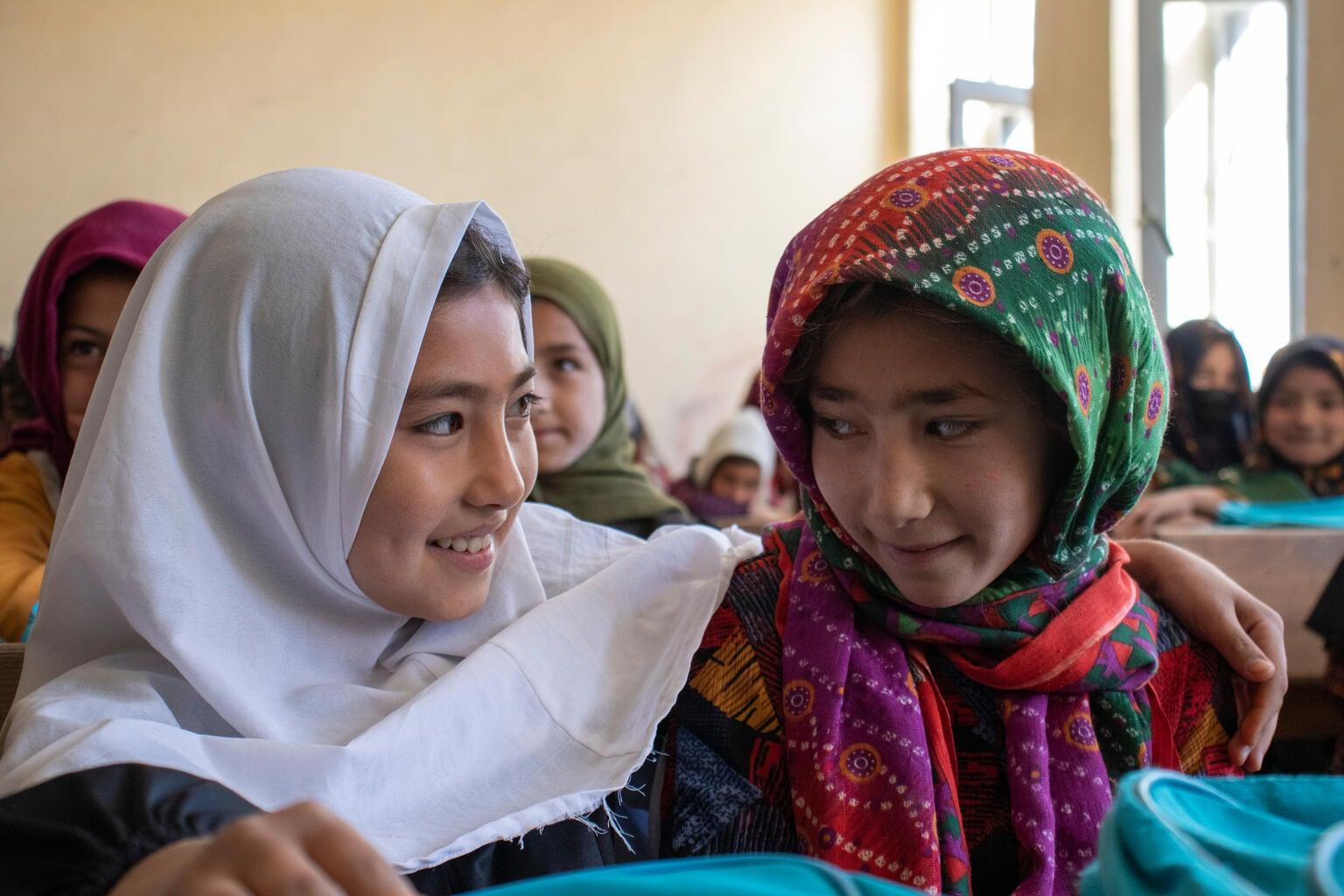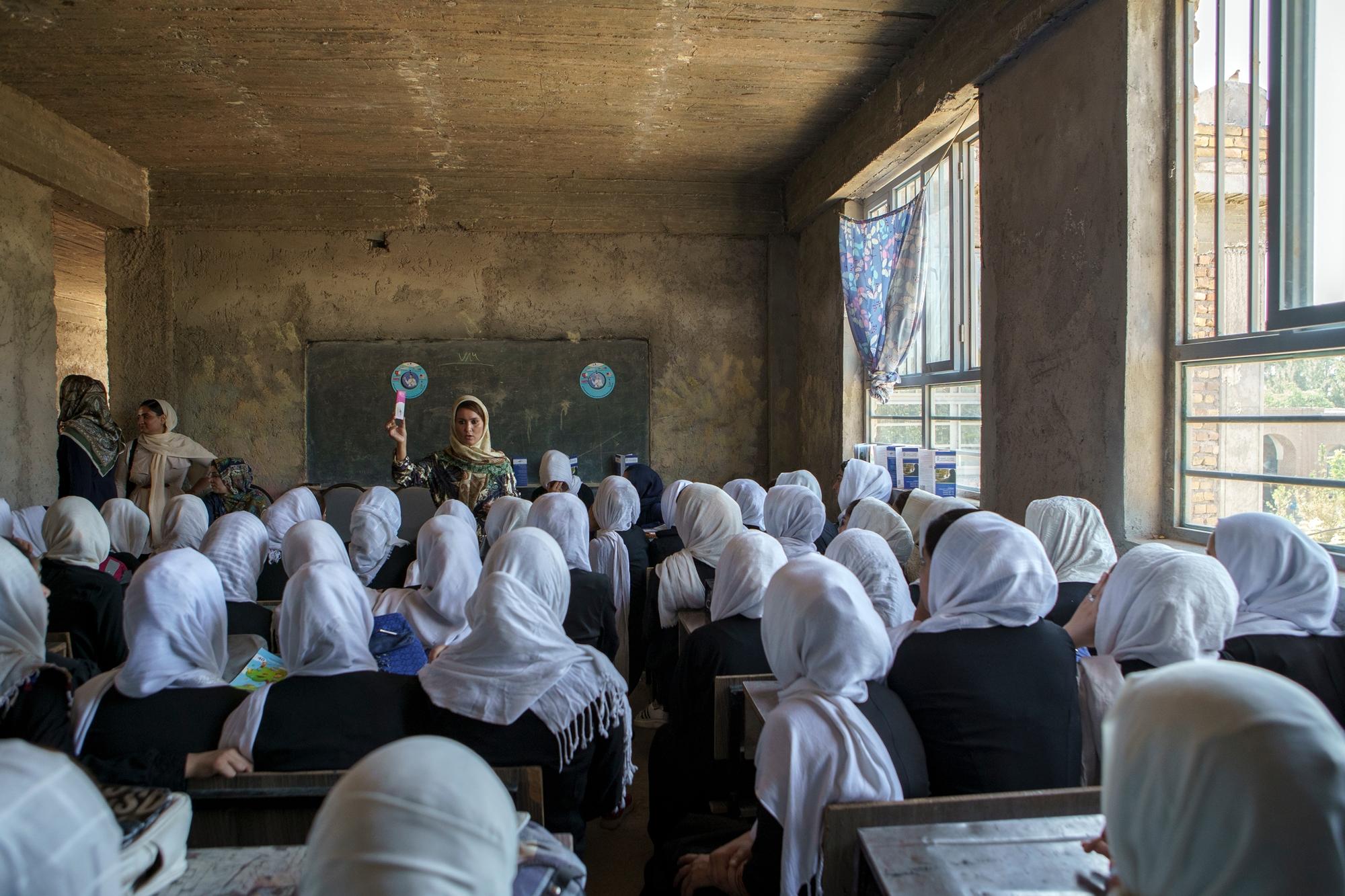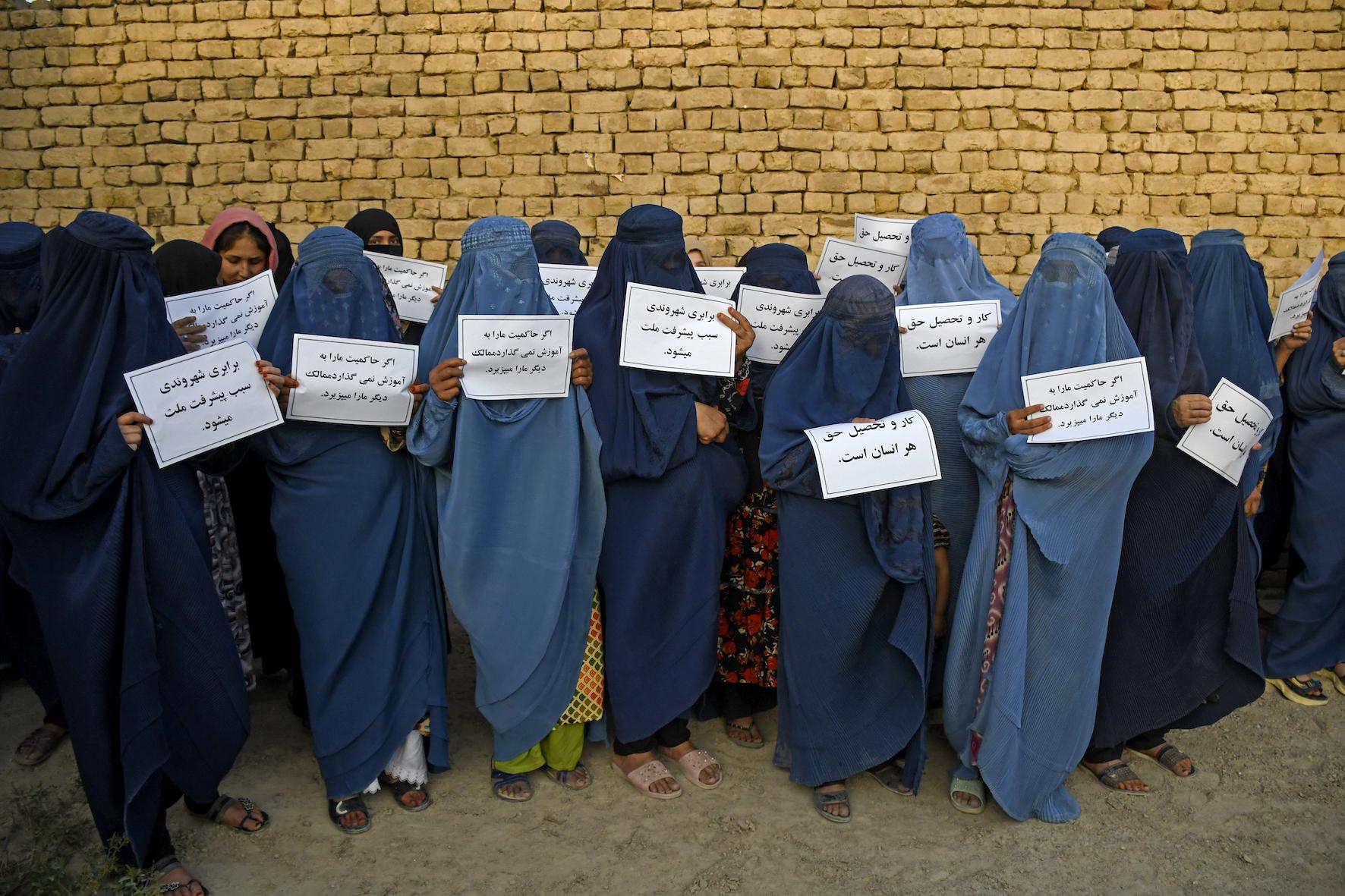Rise of religious Schools as a Sanctuary for Afghan Girls
The recent restrictions on girls’ education in Afghanistan have driven many families to seek alternatives that ensure their daughters receive an education amidst a turbulent socio-political landscape. In this context, religious schools have emerged as a beacon of hope, providing not only educational opportunities but also a sense of community and security. Families perceive these institutions as safe havens where their daughters can engage in both religious and secular studies, emphasizing the skills necessary for navigating the complexities of modern Afghan society.
These religious schools offer a structured curriculum that often encompasses a variety of subjects,including:
- Islamic studies – fostering a deep understanding of faith and spiritual practices.
- Language arts – focusing on reading and writing skills in Dari and Pashto.
- Mathematics – offering essential numeracy skills that are critical for everyday life.
- Arts and crafts – encouraging creativity and self-expression among young girls.
In many regions, these schools not only fill the educational void left by government policies but also instill a sense of resilience among girls. The supportive habitat nurtures aspirations and helps dismantle the barriers imposed by societal norms, empowering Afghan girls to envision a brighter future, irrespective of the challenges they face.

The Impact of Education restrictions on Young Afghan Women
The recent restrictions on education for young women in Afghanistan have led to a significant shift in the educational landscape. Many girls, barred from attending formal schools, are now seeking refuge in religious institutions that offer a semblance of learning. These religious schools, often known as madrasas, have become a beacon of hope, albeit with a limited curriculum that prioritizes religious education over critical thinking and secular subjects. Amidst the chaos, these institutions provide a structured environment, yet they also impose traditional gender roles that may thwart girls’ aspirations for personal and professional growth.
The impact of this educational shift is profound. Young women are encountering a reality where their academic ambitions are curtailed.This leads to several concerning outcomes, including:
- limited Career Opportunities: With restricted access to extensive education, many women face challenges entering the workforce or pursuing higher education.
- Reinforcement of Gender Inequality: The focus on religious teachings frequently enough perpetuates societal norms that limit women’s rights and freedoms.
- Psychological Effects: The frustration and hopelessness stemming from educational deprivation can lead to mental health issues among young Afghan women.
In this challenging environment, the young women of Afghanistan exhibit resilience, adapting to the constraints while seeking ways to enrich their knowledge and skills, asserting their right to education in whatever form it may take.

navigating Faith and Learning in Challenging Times
In the wake of heightened restrictions on education for girls in Afghanistan, many are turning to religious schools as an alternative pathway for learning and spiritual growth. These institutions, frequently enough rooted in Islamic teachings, provide an environment where girls can pursue their education while navigating the complexities of their socio-political landscape. For many, these schools represent a refuge, a place where the importance of education is intertwined with faith, allowing for a unique blend of intellectual and spiritual development.
The decision to seek education in religious schools stems from a variety of factors, including:
- Access to Resources: Many religious schools are more accessible than traditional educational institutions, especially in remote areas.
- Safe Environment: These schools often offer a safer space where girls can learn without fear of persecution.
- Community Support: Religious schools foster a sense of community and shared values, encouraging parental and societal support for girls’ education.
- Holistic Education: Alongside academic studies, there is a focus on moral and ethical development, aligning with the values of the families involved.
Despite facing immense challenges, the resilience exhibited by these young girls in their pursuit of education highlights their steadfast commitment to learning. As they navigate thru adversity, their stories underscore the profound connection between education and faith, illuminating a path forward even in the most trying times.

Strategies for Supporting Girls’ Access to Quality Education in Afghanistan
the ongoing challenges faced by girls in Afghanistan in accessing quality education necessitate innovative and multifaceted approaches. To effectively support these young learners, strategies must prioritize the enhancement of educational infrastructure and resources. This includes:
- Building safe learning environments: Establishing secure and welcoming schools that prioritize the safety of girls can encourage enrollment and retention in education.
- Training female educators: Investing in the training of women to become teachers can provide female students with relatable role models and a more supportive educational atmosphere.
- Community engagement: Involving local leaders and families in advocating for girls’ education can help shift cultural perceptions and emphasize the importance of educating daughters.
The integration of technology in teaching methods also holds significant promise. With the right tools and training, online learning platforms can offer girls access to quality educational resources and virtual classrooms, irrespective of geographical limitations. Additional strategies should include:
- Creating scholarship programs: Financial assistance specifically targeting girls can alleviate economic barriers and support families in prioritizing education for their daughters.
- Curriculum adaptation: Developing curricula that resonate with cultural values while promoting critical thinking can enhance engagement and relevance for students.
- Mentorship programs: Establishing mentorship connections with women in various professional fields can inspire girls and provide guidance as they navigate their educational journeys.
